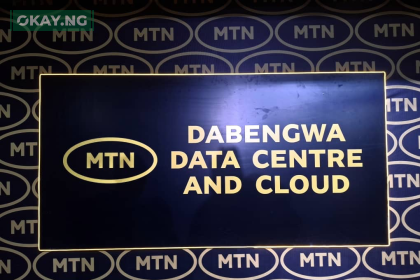Since at least 2011, U.S. prisons have had a special arrangement with Facebook. Prison officials would send links to profiles belonging to inmates that they wanted Facebook to take down. Facebook would then suspend the profiles, often no questions asked, even when it wasn’t clear if any law or Facebook policy was being violated.

Over the last year, we have reported on numerous inmates being punished with solitary confinement, some receiving decades-long punishments, simply for posting to Facebook or even just having their families manage their Facebook accounts for them. Meanwhile, records obtained by EFF showed that Facebook had secretly censored hundreds, perhaps even thousands, of inmate accounts.
In the wake of the scandal, prisons are now learning that Facebook has changed its practices and is being far more discerning when it comes to suspending inmate profiles.
But one thing that hasn’t changed: Facebook’s lack of transparency.
A History of Facebook’s Censorship of Inmates
“I believe connectivity is a human right, and that if we work together we can make it a reality.”– Mark Zuckerberg, CEO of Facebook, August 2013
Here’s a dose of reality: for more than four years, Facebook has been cooperating with state and federal prisons to block inmates from connecting to the networking site without reporting that cooperation in its transparency report.
Inmates typically access Facebook two ways: either they have someone on the outside manage their profiles for them or the inmates access Facebook directly through a contraband cell phone. EFF began engaging Facebook on the issue of inmate accounts in summer 2014, afteran inmate in New Mexico was sentenced to 90 days in solitary confinement because his family posted updates and photos to his Facebook account on his behalf.
Facebook representatives repeatedly told EFF that they only removed inmate profiles when they believed that inmates have violated the social network’s community standards, which are part of its Terms of Service (ToS). Specifically, Facebook pointed out that users are not allowed to have third parties access their accounts; so Facebook would suspend an inmate’s account if staff determined that a profile had been accessed by someone other than the inmate. Facebook said these measures protected the security of the user’s account. Facebook also said it treated inmate profiles involved in criminal activity or harassment in the same way it handles accounts belonging to users in the free world.
One other thing Facebook emphasized is that the company was not in the business of enforcing prison regulations that ban inmates from having social media profiles or accessing the Internet. Facebook went on record saying that it did not consider inmates who directly access the site to be in violation of its ToS.
Facebook’s claims are contradicted by the public records obtained through freedom of information laws, including emails between Facebook and prisons. These documents revealed that Facebook routinely, and explicitly, took down profiles because inmates broke prison regulations. What’s worse: these new documents obtained by EFF show Facebook may have taken down profiles when there were no allegations at all that inmates had violated prison policies or the site’s terms of service. The prisons simply asked to have the profiles taken down because they belonged to incarcerated people.
Facebook made it exceptionally easy for prisons to censor inmates by creating an “Inmate Account Takedown Request” page that generally allowed prison officials to file requests without creating a public record trail. In the rare occasions that Facebook and prisons communicated via email, Facebook staff promised that these takedowns would remain confidential.
To date, we don’t know how many inmate profiles in total Facebook has removed. In every country other than the U.S., Facebook discloses the number of profiles, pages, and posts it censors pursuant to government demands. But here, Facebook has consistently refused to open up and include what appears to be significant government censorship of inmate speech in its transparency report.
We do have numbers for two states: South Carolina and California. The South Carolina Department of Corrections says Facebook processed 512 requests between 2012 and 2014. The California Department of Corrections and Rehabilitation (CDCR) reported that it submitted more than 212 takedown requests to Facebook between 2011 and 2014.
READ MORE HERE











